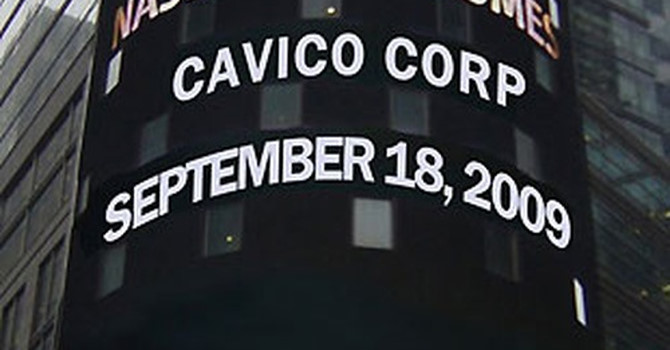Cen Land transforms into real estate developer with bold goals
Cen Land is shifting from brokerage to development, targeting a 170% revenue increase and 424% profit growth in 2025.




Both Vietjet and VNG have said they want to be the first Vietnamese enterprises to list shares on foreign bourses. Other firms have tried to do so in the past.

In early 2008, Vinamilk, the nation’s leading dairy producer, got the nod from SSC to list 8.7 million shares on the Singaporean stock market. That year, the Singaporean Stock Exchange (SGX) released a document accepting the listing of Vinamilk shares there.
Just one month later, Vinamilk announced the deferment of the listing. The dairy producer said there were too many unpredictable happenings and postponed the plan. In mid-2009, Vinamilk announced resumption of the plan. However, no further step has been taken.
Together with Vinamilk, Saigon Securities Incorporated (SSI), PVDrilling (oil & gas) and Kido (sweets manufacturer) also planned to list their shares in the world’s large financial centers. However, the plans were dropped just a short time after they were announced.
When the global financial market entered the recovery period in 2010-2012, other large Vietnamese conglomerates, including Hoang Anh Gia Lai, also thought of listing shares on foreign bourses to heighten their prestige and seek opportunities to mobilize capital from foreign investors. However, the plans have not been implemented.
Cavico Corporation was the only Vietnamese company which successfully brought its shares into the international market through back-door listing by merging with Agent155 Media Group, a company which had shares listed on Pink Sheets in 2006.
In 2009, Cavico fulfilled necessary procedures to list its shares on Nasdaq. But just two years later, it had to leave the world’s second largest stock exchange because of a series of violations in information exposure and failure to meet the minimum requirements on liquidity and share market prices.
In late 2015, FinanceAsis reported that Huy Viet Nam planned to have an IPO on the Hong Kong Stock Exchange (HKSE).
However, like Cavico, Huy Viet Nam was a foreign-invested enterprise and the listing was, in fact, implemented by the enterprise also named Huy Viet Nam, but registered in the tax haven of Cayman Islands.
As for Vinamilk, SSI and Kido, the plans to list shares on foreign bourses in 2008 met legal problems as Vietnamese laws at that moment did not mention listing overseas.
Only when Decree 58 was released four years later and Decree 60 in 2015 was the legal framework for the listing on the international markets created.
Some analysts said it is not the requirements for listing, but the strict requirements on listed shares, including corporate governance, financial reporting and information exposure, which are big problems for Vietnamese businesses.
Cen Land is shifting from brokerage to development, targeting a 170% revenue increase and 424% profit growth in 2025.
Menas Group has entered a strategic partnership with Keppel to co-develop an integrated ecosystem of lifestyle services across Keppel’s real estate projects in Vietnam, beginning with the landmark Celesta City development in Saigon South.
Phuc Sinh’s expansion underscores Vietnam’s growing role in sustainable agriculture and its increasing appeal to global investors
PVI Asset Management (PVI AM) and SonKim Capital (SK Capital), a business unit of SonKim Group has announced a strategic collaboration to develop innovative real estate investment products tailored for institutional investors and high-net-worth individuals.
Filum AI has successfully raised $1 million in funding despite a challenging venture capital market, underscoring the potential of AI and shifting investment strategies.
Enterprises are advised to promptly assess and evaluate the impact of the changes in the newly-issued to ensure timely compliance in the upcoming tax finalization period.